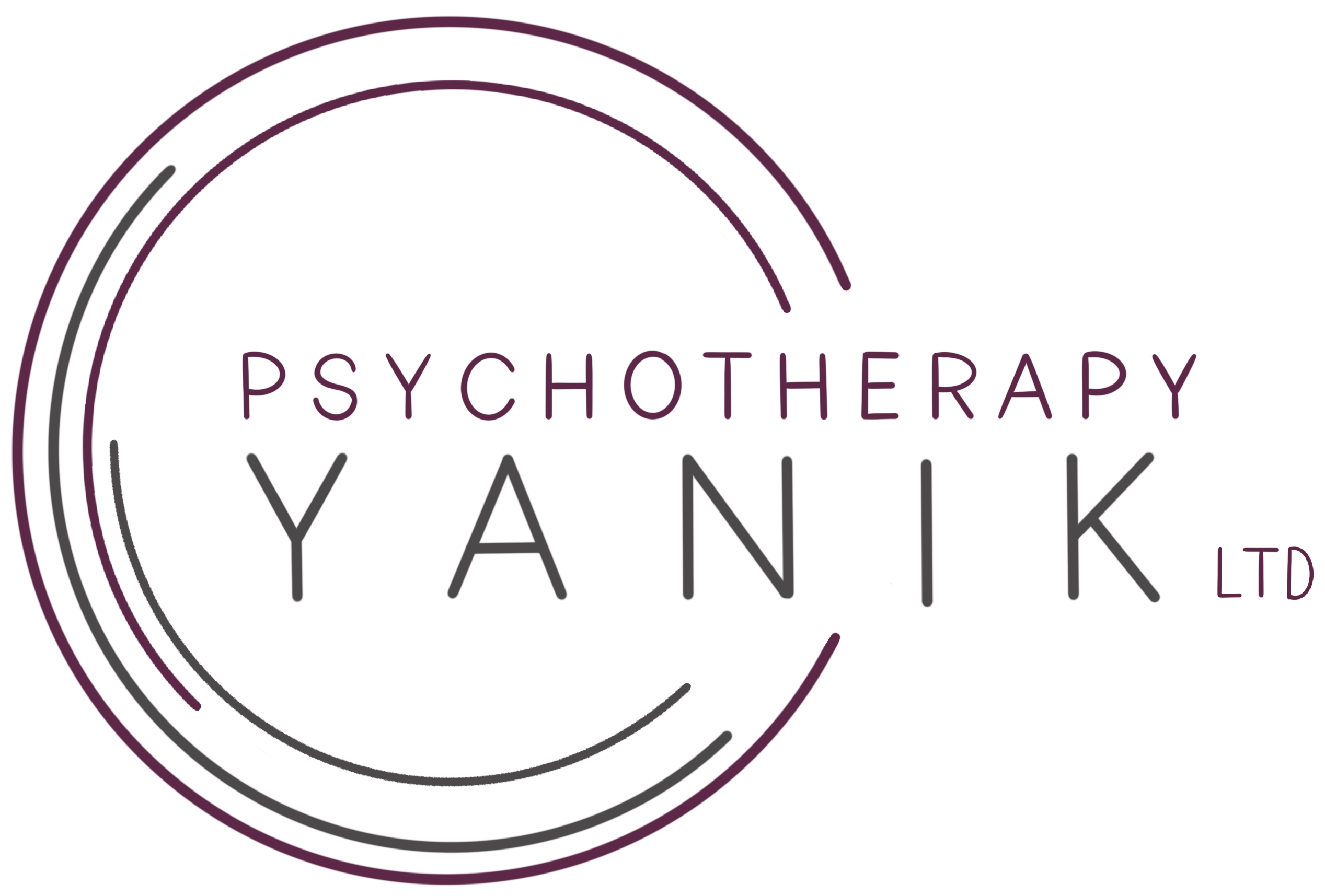Psychotherapy for Children and Adolescents

What does Psychotherapy mean?
Before my psychotherapy training which I started after working many years as a social worker, supporting families struggling with different issues, I didn`t know much about psychotherapy.
While I was working with children, who were suffering from developmental disorders, showing symptoms of hyperactivity and focusing issues, academically low performance at school, oppositional behaviour, social anxieties etc., I wanted to know more about psychotherapeutic techniques. After studying Cognitive Behavioural Therapy (CBT), I got a deeper understanding of the broad spectrum of mental disorders, how to diagnose them and to work with bespoke treatments.
The integrative approach
Having worked many years in a professional team of family therapists, I combined therapy tools and approached to fit the needs of parents and their children in the best way possible.
CBT focuses on the theory that our thoughts, feelings, actions and sensations are all connected; if we change one, we can alter the others. Our life is shaped by positive and negative experiences, which cause either an increase or a decrease in a particular behaviour/thought/feeling or physiological reaction.
CBT focuses on the “Here and Now” and on increasing functional thoughts and behaviours.
Family therapy considers the family itself as the centre of any intervention. Any dysfunctional symptoms of a family member reflect underlying conflicts in the whole system and can only be resolved with each other’s support and respect.
A combination of both therapy approaches can help to activate the resources of a child and his parents and increase functional behaviour by focusing on reinforcement.
Diagnostic
Before starting any therapy intervention, a holistic diagnostic is essential. Many parents and children feel relief when the therapist listens to their viewpoint without judging anybody. Especially youngsters come to the first session not always willingly but change their minds if they feel an atmosphere of acceptance and respect. The therapist will ask many questions during the first sessions and give out questionnaires to the child, parents and teacher (if the school is involved) to better understand the family system and the struggle of the child involved. Although the psychotherapeutic interventions will usually start after a proper diagnostic, the child and the parents often find it helpful to discuss the developmental model of the symptoms with the whole family. This can sometimes lead to a therapeutic process due to a better understanding of potential influencing factors.
Psychotherapy practice in Aberdeen – A SAFE PLACE
In my practice in Aberdeen (Westend), I offer various diagnostic tools and bespoke treatments for many mental issues. According to the General Data Protection Regulation (GDPR), all personal information will be confidential.
Share on: Twitter, Facebook, WhatsApp, Google+
Published on 2018/12/15
Posted in: Children and Adolescents, Mental Health, Self-Care,


